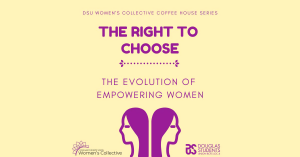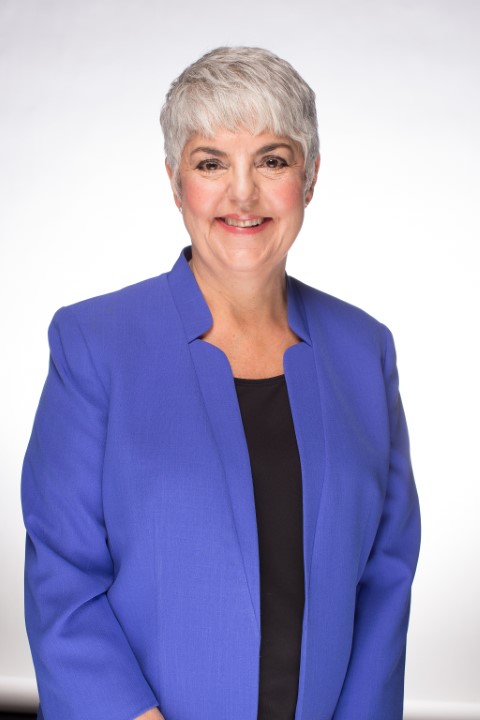
‘The Right to Choose’
By Tania Arora, Staff Reporter
The latest DSU Coffee House addresses the age-old struggle for women’s rights.
The Douglas Students’ Union organized its DSU Women’s Collective Weekly Coffee House event on November 7 with the theme The Right to Choose. The event focused on the controversial topic of reproductive rights. The history of Canada and the rest of the world is filled with legal, mental, and emotional challenges that affect a pregnant person’s right to terminate a pregnancy. The Coffee House focused on the historic background of these issues, with attention on the pro-choice movement, governmental policies, and the X-ile project.
Tracy Ho, Organizer for Advocacy for the DSU, and Aahelee Bandyopadhyay, Women Students’ Representative for the DSU, moderated the event. The coffee house was a platform for students to come up and share their personal experiences on what they think or feel about how reproductive rights have changed from the past up to now.
Worldwide, there are people who face the traumatic experience of choosing between giving birth to a new life or their own life—if they have a choice at all. Policies like those in China regarding population control, the death of Savita Halappanavar in Ireland due to the denial of abortion, and high death rates in countries like Rwanda and sub-Saharan Africa—issues like these have sparked national and international debates demanding action. The organizers at the Douglas event discussed these issues alongside videos that further shed light on the topic.
According to a 2017 report from the UN Human Rights Office, in 2013
Tracy Ho shared the experience of her friends who took maternity leave while working in corporate sectors. When they came back, Ho said her friends felt that they were treated differently.
“On taking a leave and coming back to work after one year, [the] behaviour of people changed drastically,” she said. “They were given ‘what do you expect’ looks because they were away while [the] rest stayed back. The whole process did affect the pace of career growth.”
In Ireland this year, 66.4 percent voted yes on a referendum to lift the ban on abortion. The movement was historic, and the victory signified that more people are in support of protecting reproductive rights. The movement led to the creation of X-ile project, which was also discussed at the Coffee House. The project is an online gallery showcasing portraits of people who went beyond the borders of Ireland and Northern Ireland to access abortion services. The project provides a face to the victims of the policy that did not allow individuals their reproductive rights—the ones who were exiled or oppressed.
Students at the Coffee House also discussed other stories and topics that demonstrate change in society. One topic discussed is that it’s not just one partner who is expecting a child. Rather, it should be the couple that shares the responsibility and benefits of childbearing.
“In 2013, African women and girls accounted for 62 percent of all global deaths from preventable causes related to pregnancy and childbirth. An estimated 130 million girls and women alive today have undergone female genital mutilation, mainly in Africa. If current trends continue, almost half of the world’s child brides in 2050 will be African.”



